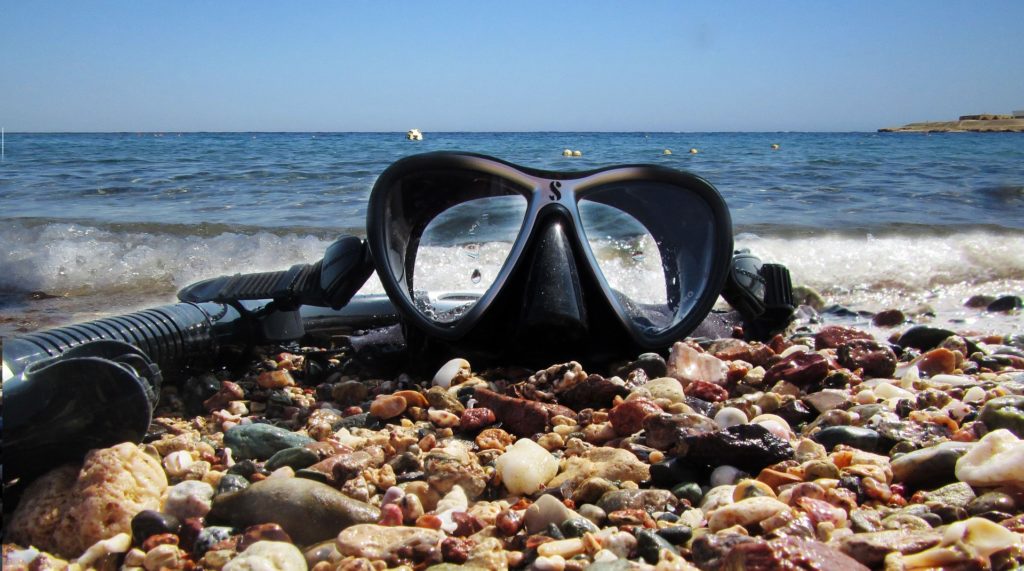Diving into the depths of the ocean is a thrilling adventure, and if you’re already a certified open-water diver, you’ve taken the first plunge into this mesmerizing world. But what’s next? If you’re eager to explore beyond the basics and challenge yourself further, advanced scuba diving certifications offer a gateway to new experiences and underwater skills. In this article, we’ll take a closer look at some advanced certifications that are truly worth pursuing.
1. Enriched Air Nitrox Certification
Dive Longer, Dive Safer
The Enriched Air Nitrox certification is a popular choice among divers looking to extend their bottom time and reduce surface intervals. Nitrox is a mix of nitrogen and oxygen, with a higher oxygen content than standard air. By breathing Enriched Air Nitrox, divers can increase their no-decompression limits, allowing for longer dives and shorter recovery times between dives.
Benefits:
- Extended bottom time
- Reduced fatigue
- Ideal for repetitive dives
Whether you’re a recreational diver or planning to venture into more technical diving, Enriched Air Nitrox certification is a valuable asset.
2. Underwater Navigation Certification
Master the Art of Precision
While open-water certification teaches basic navigation skills, the Underwater Navigation certification takes it to the next level. Precision is key underwater, especially when exploring dive sites with complex layouts or when navigating using a compass in limited visibility. This certification hones your ability to navigate with confidence, ensuring you can explore underwater environments more effectively.
Benefits:
- Improved underwater navigation skills
- Enhanced dive planning capabilities
- Increased confidence in challenging conditions
Perfect for those who love the idea of being the master navigator on every dive, the Underwater Navigation certification opens up a new dimension of exploration.
3. Rescue Diver Certification
Be the Hero Beneath the Waves
The Rescue Diver certification is a crucial step for those looking to enhance their skills and become more responsible and aware divers. This certification focuses on developing the skills needed to prevent and manage dive-related emergencies. From assisting distressed divers to managing underwater accidents, the Rescue Diver course is both challenging and rewarding.
Benefits:
- Increased safety awareness
- Ability to handle dive emergencies
- Confidence in assisting others
Becoming a Rescue Diver not only makes you a more capable and safer diver but also equips you with valuable life-saving skills.
4. Master Scuba Diver Certification
The Pinnacle of Recreational Diving
Considered the “black belt” of recreational scuba diving, the Master Scuba Diver certification is a prestigious accomplishment. To achieve this status, divers must complete the Rescue Diver certification, accumulate a specified number of specialty certifications, and log a minimum number of dives. It’s a comprehensive recognition of a diver’s commitment to skill development and underwater exploration.
Benefits:
- Recognition of diving expertise
- Achievement of the highest non-professional certification
- Enhanced skills and knowledge across various specialties
The Master Scuba Diver certification is a badge of honor that showcases your dedication to the sport and your passion for underwater exploration.
Elevate your scuba diving experience beyond the basics
As you progress in your scuba diving journey, these advanced certifications not only expand your underwater capabilities but also add layers of safety, knowledge, and expertise to your diving repertoire. Whether you’re interested in extending your bottom time, mastering navigation, or becoming a certified rescue diver, each advanced certification brings you one step closer to becoming a well-rounded and confident scuba enthusiast. So, go ahead, take the plunge, and elevate your scuba diving experience beyond the basics. The underwater world awaits your exploration!
Thank you for reading. Read about the first underwater mosque building in Dubai
